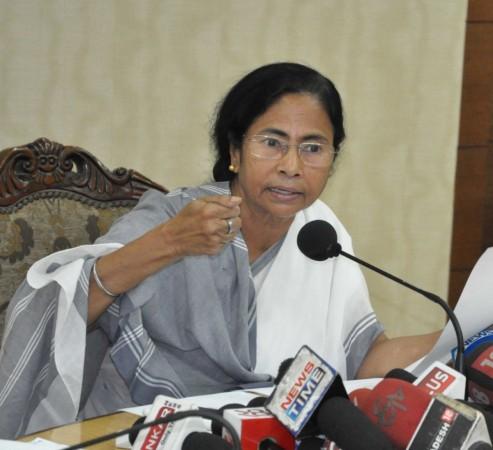
The West Bengal Assembly, in a special session held on Monday, Aug. 29, and led by Chief Minister Mamata Banerjee, decided that the name of the state will be changed. With the nod from the Centre, which is now more a matter of "when" than "if", the new names — "Bangla" in Bengali, "Bengal" in English and "Bangal" in Hindi — are expected to come into effect soon.
The state is not new to name changes, with its capital having been renamed to the more Bengali Kolkata from the anglicised Calcutta, a remnant from the times of British Rule in India. The name "West Bengal" is also a constant reminder of the pre-Independence era, and the hardships it had brought along with it for the Bengali-speaking population of the state.
Also read: Why almost all arguments against West Bengal name change are invalid
After the special session of the Assembly passed the resolution, Mamata Banerjee said: "We are sending this resolution to the Centre as it needs to be passed in Parliament." If and when it is passed in Parliament, the resolution will ensure that the state sheds a name that was foisted upon it by the British, and one that has been a constant reminder of the painful partition of unified Bengal in 1905 by Lord Curzon.
Although it was reunited in 1911 after a protracted struggle by not just Bengalis but Indians from other parts as well, the schism remained, as did East Bengal and West Bengal. The differences resurfaced during the Partition of India in 1947, when East Bengal became East Pakistan. It would go on to achieve independence from Pakistan in 1975, and become Bangladesh.
It may be noted that when the resolution was first mooted and passed by the West Bengal Cabinet, the Bengali name suggested for the state was "Bongo," opening the floodgates for umpteen jokes and lighthearted jabs, including one from BJP MP Babul Supriyo, who is also a musician.

















